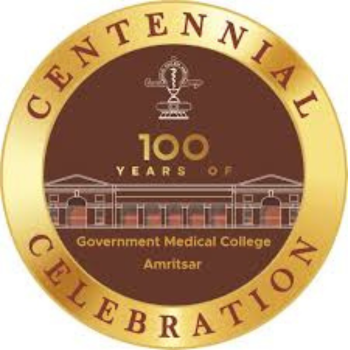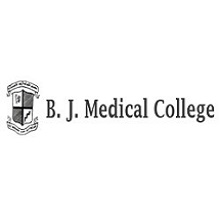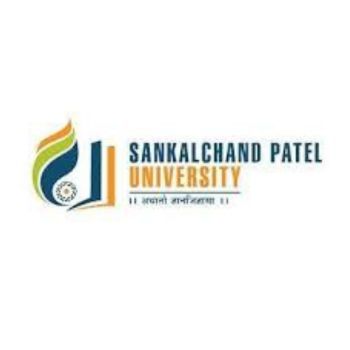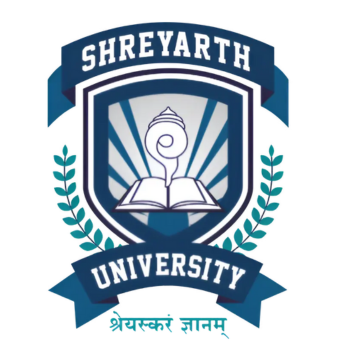Krishna Vishwa Vidyapeeth (KVV) in Satara stands as a prominent institution in India's medical education landscape, particularly known for its comprehensive healthcare programs. While specific placement statistics require direct institutional data, the university's robust academic framework and industry-aligned training consistently prepare graduates for successful healthcare careers. Below is an analysis of KVV Karad's placement ecosystem based on verifiable institutional practices and broader industry trends.
KVV Satara-Academic Programs and Industry Alignment
KVV Karad offers specialized programs across medical, dental, pharmacy, nursing, and allied sciences, with flagship courses including MBBS, BSc, BPharma, MDS, and MS. Admission to competitive programs like MBBS hinges on national entrance exams (NEET), ensuring a cohort of high-caliber students. The curriculum integrates theoretical rigor with extensive clinical exposure through Krishna Hospital & Medical Research Centre a 1,125-bed NABH-accredited facility. This hands-on training model equips students with practical skills valued by healthcare employers, from diagnostic proficiency to patient management.
KVV Satara-Placement Support and Training
The university’s dedicated career development cell orchestrates placement activities through:
- Skill enhancement workshops: Regular sessions on clinical communication, medical technology, and research methodology.
- Industry-academia collaborations: Partnerships with hospitals, pharmaceutical firms, and research organizations for internships and live projects.
- Career counseling: Personalized guidance for residency applications, higher studies, and international opportunities.
Graduates typically secure roles in multispecialty hospitals, public health initiatives, pharmaceutical research, and healthcare management. Nursing and physiotherapy alumni often find placements in rehabilitation centers, while pharmacy graduates enter drug manufacturing or clinical research.
KVV Satara-Recruiter Engagement
KVV Karad maintains ties with leading healthcare providers, including:
- Hospital networks: Apollo, Fortis, and government medical institutions.
- Research organizations: ICMR-affiliated labs and private R&D centers.
- Global opportunities: Recruitment drives for positions in the Middle East, UK, and Southeast Asia.
Though specific recruiter names are institutionally confidential, the university’s NABL/NABH accreditations signal training quality that attracts reputable employers.
KVV Satara-Career Pathways for Graduates
KVV Karad alumni pursue diverse trajectories:
- Clinical Practice: 65–70% of MBBS/MDS graduates join hospital residencies.
- Research & Academia: 20% opt for doctoral programs or teaching roles.
- Healthcare Administration: Roles in hospital management or health-tech startups.
Global Placements: Nursing and physiotherapy graduates report high demand in GCC countries.
KVV Satara-Institutional Infrastructure
The 55-acre campus supports placement readiness through:
- Advanced simulation labs: For surgical and diagnostic practice.
- Digital library: Access to 20,000+ medical journals and e-resources.
- Industry conferences: Annual health summits connecting students with sector leaders.
KVV Satara-Challenges and Opportunities
While KVV Karad demonstrates strong graduate outcomes, the evolving healthcare sector necessitates:
- Broader corporate partnerships: Expanding beyond hospital roles to health-tech and insurance.
- Entrepreneurship incubation: Supporting student-led healthcare startups.
- Global accreditation: Enhancing international degree recognition.
KVV Karad’s focus on experiential learning and ethical medical practice positions its graduates as competent contributors to India’s healthcare ecosystem. As the institution continues to forge industry linkages, its placement landscape is poised to reflect the growing demand for skilled medical professionals nationwide.










